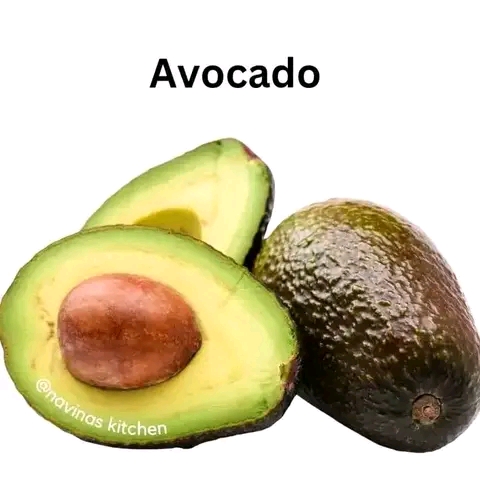Sugar cane is a widely cultivated crop with several important uses and benefits. Here are some key reasons why sugar cane is considered important:
1. Sugar Production: Sugar cane is primarily grown for its high sugar content. It is one of the major sources of sucrose, which is extracted from the cane and used to produce various types of sugar. Sugar is a widely used ingredient in food and beverages, providing sweetness and serving as a source of energy.
2. Economic Impact: Sugar cane cultivation and sugar production have significant economic implications in many countries. It serves as a cash crop, providing income and employment opportunities for farmers, laborers, and workers involved in the sugar industry.
3. Energy Source: Sugar cane can be used as a renewable energy source. In some regions, it is processed into biofuels such as ethanol, which can be used as an alternative to fossil fuels in vehicles. The use of sugar cane for bioenergy helps reduce dependence on non-renewable resources and contributes to sustainability efforts.
4. By-Products: Sugar cane processing generates various by-products that have important uses. Bagasse, the fibrous residue left after sugar extraction, can be utilized as a biofuel, animal feed, or as a raw material for the production of paper and building materials. Molasses, a by-product of sugar refining, is used in the production of alcoholic beverages, animal feed, and as a flavoring ingredient.
5. Food and Beverages: Sugar cane juice, obtained by pressing the cane, is a refreshing beverage consumed in many parts of the world. It is often consumed fresh or used as a base for various drinks and cocktails. Sugar cane is also used as a sweetening ingredient in culinary preparations, confectioneries, and desserts.
6. Medicinal Uses: Sugar cane has a long history of traditional medicinal use in various cultures. In some traditional practices, it is believed to have diuretic, laxative, and anti-inflammatory properties. However, it's important to note that scientific evidence supporting these uses is limited, and professional medical advice should be sought for specific health concerns.
7. Soil Conservation: Sugar cane cultivation can have positive effects on soil conservation. Its extensive root system helps improve soil structure, prevent erosion, and enhance water retention. Proper land management practices associated with sugar cane cultivation, such as crop rotation and terracing, can further contribute to soil conservation and sustainable agriculture.
8. Carbon Sequestration: Sugar cane plants are efficient in capturing and storing carbon dioxide (CO2) from the atmosphere through the process of photosynthesis. Large-scale sugar cane cultivation can contribute to reducing greenhouse gas emissions and mitigating climate change.
9. Cultural Significance: Sugar cane holds cultural significance in many regions, particularly in countries where it has been cultivated for centuries. It is associated with traditional customs, festivals, and cuisines, adding to the cultural heritage of these areas.
It's important to note that excessive consumption of processed sugar derived from sugar cane can have negative health effects, such as weight gain, dental issues, and increased risk of chronic diseases. Moderation and balance are key when incorporating sugar cane or sugar-containing products into a healthy diet.
If you have any specific questions or would like more information on a particular aspect of sugar cane, please let me know, and I'll be happy to assist you further.







